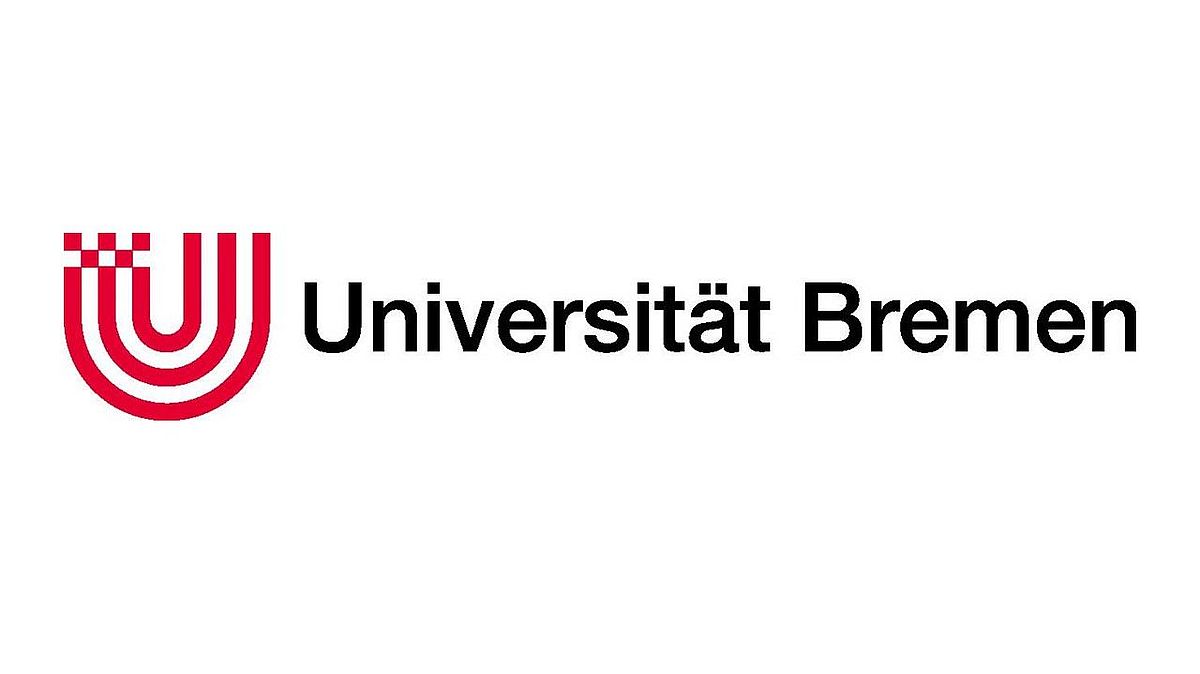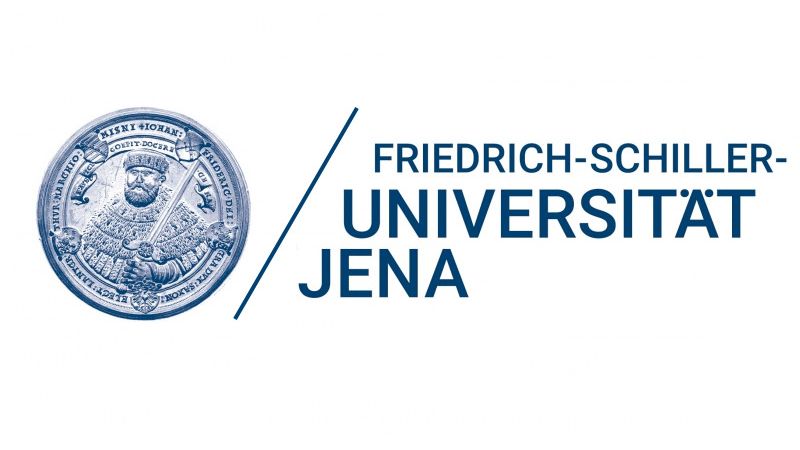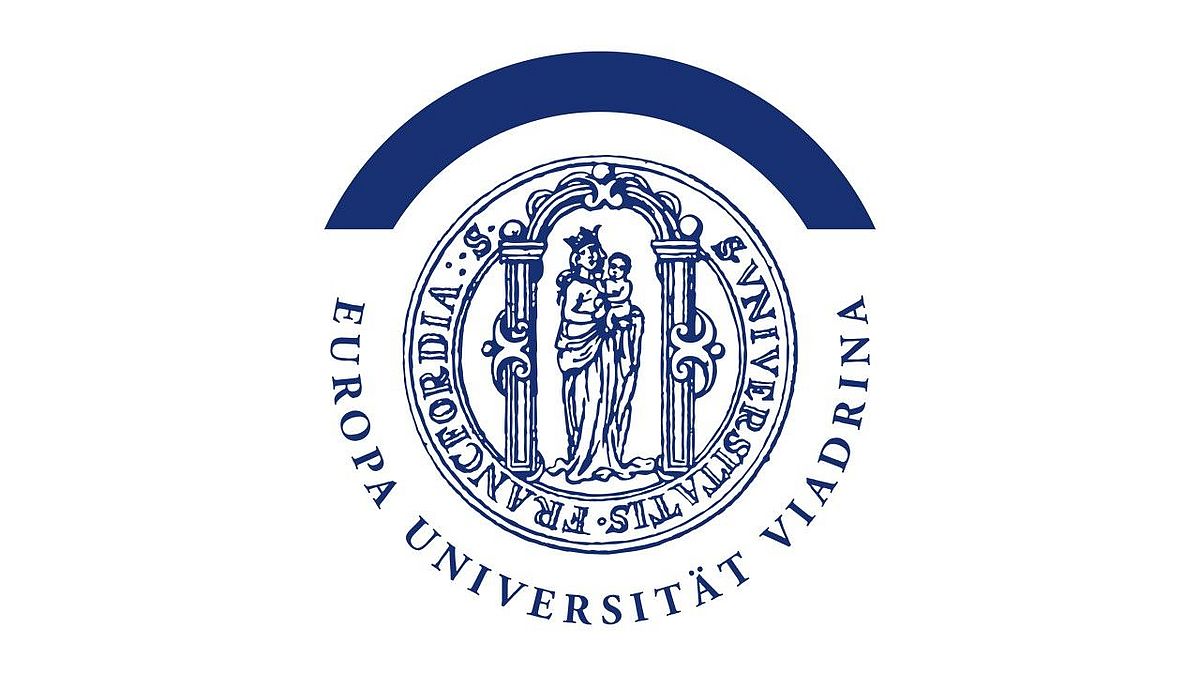Sub-project 6: Entrepreneurial habitus dispositions of the transitional generation
Entrepreneurial habitus dispositions of the transitional generation – a German-Polish comparison
Team: Anna Schwarz (European University Viadrina, head of sub-project 6), Anna Steinkamp (European University Viadrina), Jarina Kühn (University of Bremen)
Research questions:
- Which specific socio-culturally grounded proclivities to certain types of action do members of the transitional generation (born between 1970 and 1985) exhibit due to the persistent influence of the legacy of the GDR and the Republic of Poland which serve to denote them as economic and civil actors or entrepreneurs in the sense of protagonists for change processes in the economy and society in East Germany and Poland today?
- Which action dispositions make it easier for East German and Polish founders of this transitional generation to successfully establish themselves on the market and which habitual inherited influences hinder them?
- Which value orientations as well as political and civil forms of practice or mobilization are manifested in this transitional generation? To what extent does this generation draw upon the experiences inherent in the system change before and after 1990 and which specific competences, including entrepreneurial activities, have emerged from this?
Approach:
This sub-project extends existing life course studies on the transitional generation (Mayer 2010, Mayer / Schulze 2009) concerning entrepreneurial activities. In the final phase of the GDR and the first years of transition, the number of self-employed entrepreneurs was relatively low (Liebernickel / Schwarz 1992). However, attitude measurements after 1990 showed surprisingly strong "achievement" orientations among East Germans (Meulemann 2003), which are especially typical for entrepreneurial mentalities. Since then, it has been controversially debated across several disciplines to what extent past state socialist influences are more likely to be subsumable as inhibitors (e.g. Bauernschuster et al., 2012, Wyrwich 2013, Falck et al., 2015) or partially as resources for (potentially entrepreneurial) self-efficacy (e.g. Crawford / Lijphart 1997, Black 2003). This transitional generation is examined more closely in particular in studies pertaining to values and attitudes research (DJI 1992, Shell Youth Studies 2010, 2016) and also studies on civic engagement for East Germany after 1990 (Corsten / Kauppert / Rosa 2007). However, the generation tends to be analysed mainly based on explicit utterances, which is to say without systematic recourse to latent habitus dispositions.
Therefore, there is a research gap in the analysis of the implicit habitus imprints of this generation. People from this generation in particular were confronted with complex risks, new beginnings (including those of their parents), various conversions in values, etc. (Hacker et al., 2012). Insights are expected regarding the German-Polish comparison, as oftentimes different degrees of individualist orientation between East German and Polish or Poland are considered, which may be relevant for entrepreneurial dispositions. For the reconstruction of the implicit imprints, we focus on using qualitative interviews, group discussions and hermeneutic reconstruction methods (Ullrich 1999). In the case of an extension of the project (4th / 5th year), an expansion of the analyses regarding the Czech Republic is planned.
This sub-project complements the analysis on innovation and entrepreneurial weaknesses examined in sub-project 2. For the handling of sub-project 6, economic as well as sociological expertise will be combined by cooperating with researchers of the University of Bremen. At the level of the actors, it will be analysed at the individual level to what extent the "legacy of the GDR" contributes to the explanation of developmental disparities. Sub-project 6 is being carried out in close collaboration with Perspektive hoch drei e.V. "Perspektive hoch drei e.V." is available as a research partner with regards to the field work (obtaining interview partners, group discussions) and concerning the dissemination and discussion of the findings as a transfer partner.





